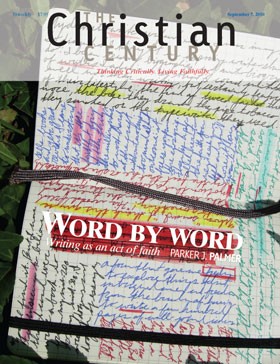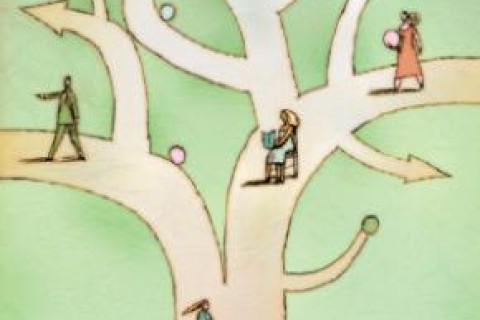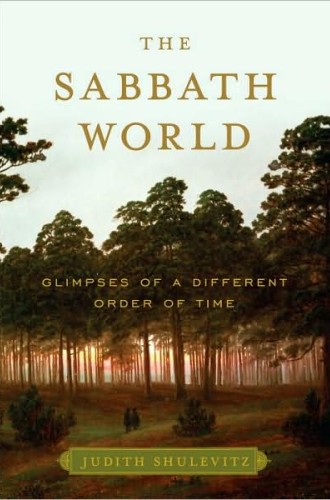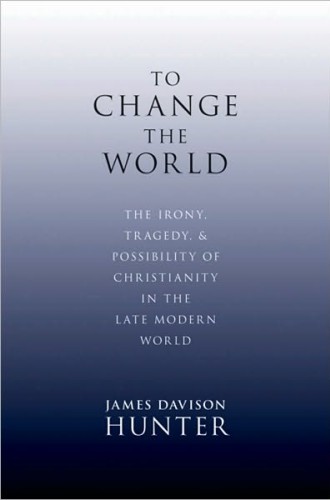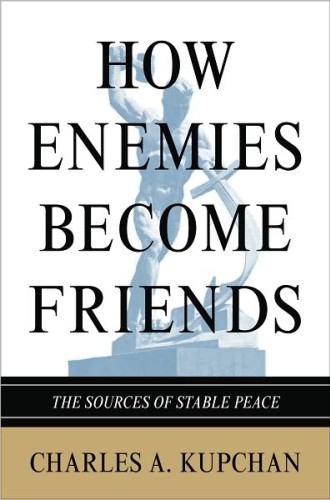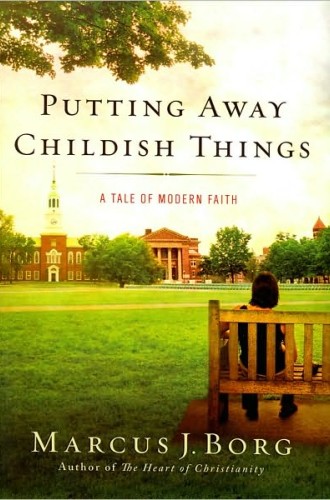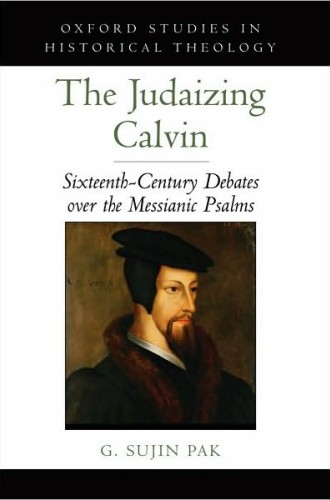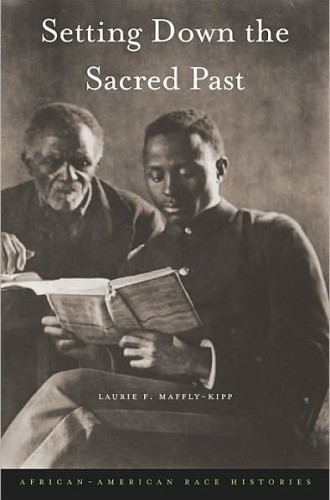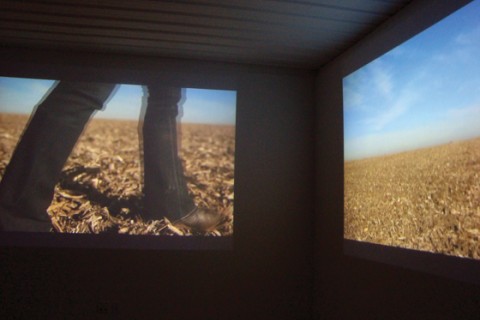Features
Doubts about prayer: Between action and contemplation
Ways of giving: How churches think about money
Cross and context
Songfest: Challenges for a hymnal committee
Wild Grass
What is most startling about the iconic French director Alain Resnais is not that he is still making movies at the age of 88, but that his films still demonstrate such an unbridled love of cinema and its power.
Organic by necessity: Agriculture in Havana
Taking pen in hand: A writer’s life and faith
Books
A review of The Sabbath World
When we complain about how busy we are, are we actually boasting of our importance?
A review of To Change the World
The call to make the world a better place is inherent in Christianity. But why have so many efforts by Christians gone so tragically wrong?
A review of How Enemies Become Friends
Countries, not individuals, are the enemies and friends that Charles Kupchan has in mind in How Enemies Become Friends, and beginning with the book's title, he sets himself against the most influential school of thought in international relations.
A review of Putting Away Childish Things
Being the Jesus scholar that he is, Marcus Borg certainly understands the power of a story. In Putting Away Childish Things he offers up a didactic novel that explores some of the thorniest theological issues facing the Christian community.
A review of The Judaizing Calvin
The accepted baseline for study of the Psalms is genre analysis. Beyond that baseline, however, several interpretive options are available.
Becoming African American
Amateurish historians often tell us that we must study the past to avoid repeating its mistakes. Such efforts rarely work out well. Laurie Maffly-Kipp, by contrast, offers an unusual, complex and thoughtful approach to history.
Departments
Eavesdropping
Church growth, Korean style
A vote for Grant
Immutable right
News
World forgetting Somalia, says church aid alliance
People
Church of God says women can’t be bishops
Study: Worship together aids marital relations
After public family feud, another Schuller steps up
Baptists warned of Islamophobia
Briefly noted
Focus on the Family staff nearly half of peak size
Focus on the Family has announced 110 job cuts in its latest round of layoffs, which the Colorado ministry attributes to the departure of founder James Dobson and the reduced financial support from donors.
Ruling overturning Prop 8 shaped for higher courts?
In U.S. District Judge Vaughn Walker's reasoning, religion amounts to a "private moral view," which should not infringe upon the constitutional rights of others. While some legal scholars say Walker's decision to overturn California's Proposition 8 lands on firm legal ground, some religious leaders accuse the judge of trying to scrub faith from the public square.


